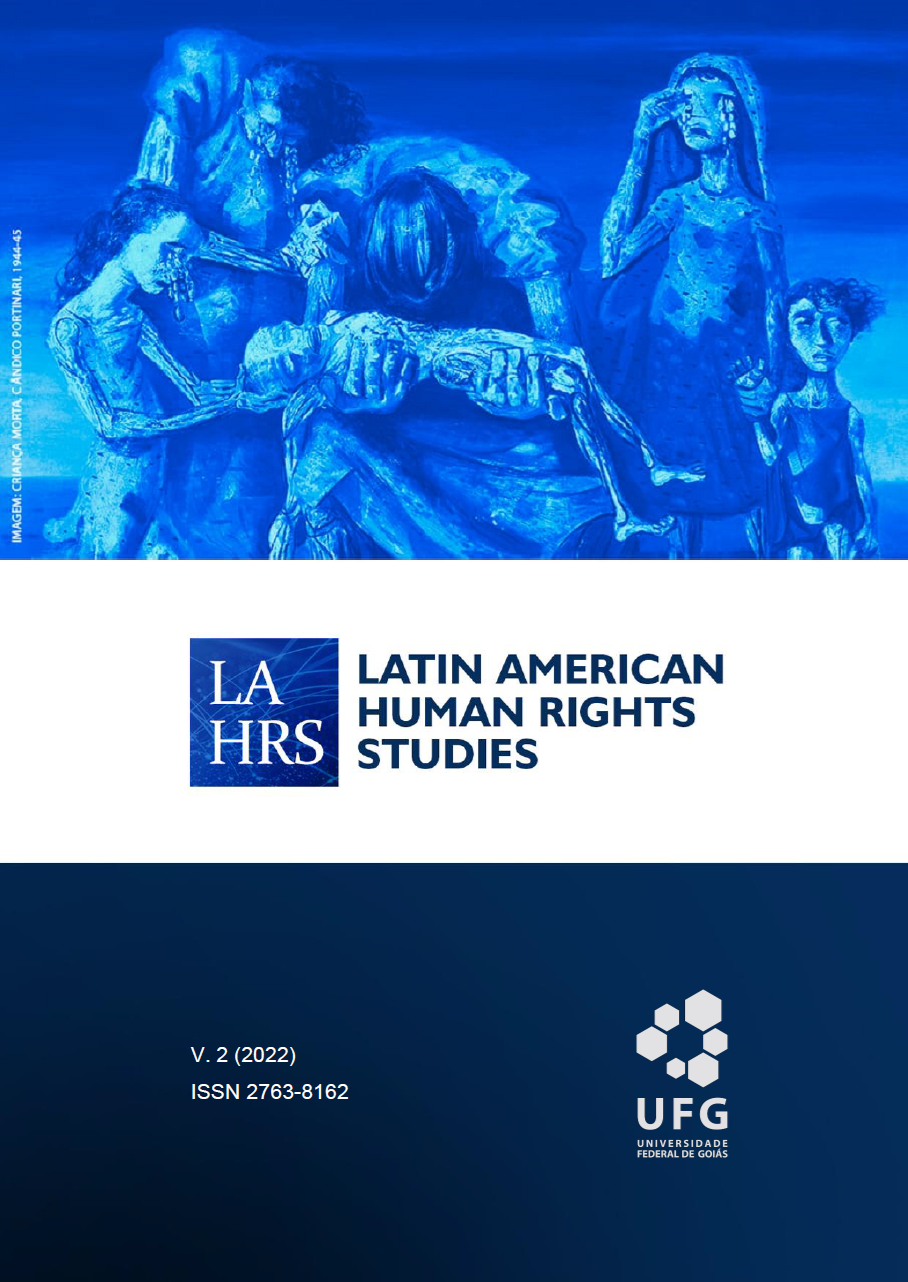The Influence of the Memory of the 1964-1985 Dictatorship on Brazilian Democratic Politics
Schlagworte:
Memory, Brazilian military dictatorship, DemocracyAbstract
This paper discusses how the memory of the Brazilian dictatorship exerts both positive and negative influences on the democratic quality of post-transitional politics. Conservative politicians, such as Jair Bolsonaro, and their civilian supporters appropriate the military regime’s binary political rhetoric that demonised progressive, leftist forces and glorified authoritarian, right-wing forces in order to censor political participation and to strengthen the ongoing impunity of the Brazilian Armed Forces and the Military Police. However, these barriers to combatting impunity via the state have also inspired the innovation of grassroots social movements which offer an alternative view of the past, denouncing the dictatorship's authoritarian reality and instilling a culture of human and civil rights among Brazilians today. The case study of Brazil demonstrates how the memory of authoritarianism in South America can be a double-edged sword for post-transition democracy and human rights.
Veröffentlicht
Versionen
- 2023-12-07 (2)
- 2023-12-05 (1)
Ausgabe
Rubrik
Lizenz
Copyright (c) 2023 Latin American Human Rights Studies

Dieses Werk steht unter der Lizenz Creative Commons Namensnennung 4.0 International.
CC BY (Attribution 4.0 International): This license allows reusers to distribute, adapt, and build upon the material in any medium or format, so long as attribution is given to the creator. The license allows for commercial use. See the full license.


